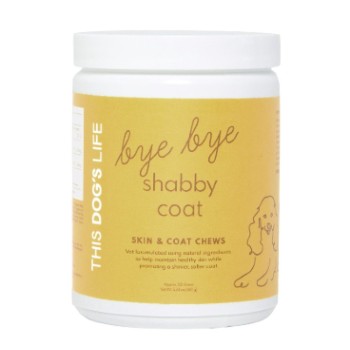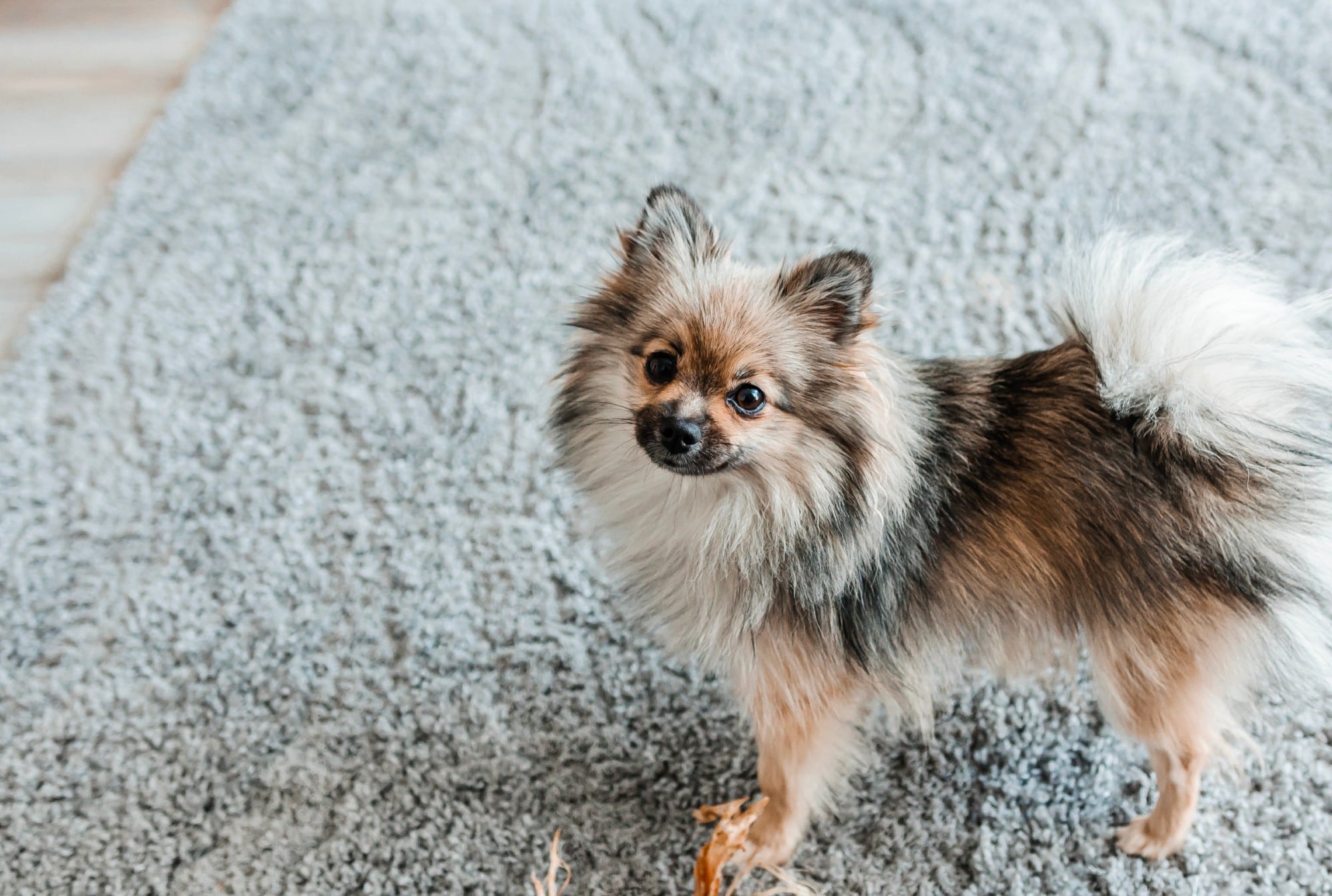When your dog is itchy, it’s hard to sleep at night while worrying about the problem and his discomfort. What can be done to help? Should you try just to give him a bath or will he need a full modification of his diet?
From a medical point of view, itching can result from parasitism and from immune system disharmony, commonly known as skin allergies.
A trip to the veterinarian is definitely in order to rule out parasites including fleas, mange or in rare cases, other organisms that could be at the root of the problem. But if one trip becomes many trips to the veterinarian, you could be in a vicious cycle of chronic skin problems. Medications prescribed to suppress the itching — Prednisone, Atopica and Apoquel are a few – can actually make the dog worse when they eventually wear off. This reason is the highly reactive immune system can often adapt and finds ways around the meds, meaning the doses must be raised, multiple medications are recommended and side effects start to crop up. And often owners are left with a lot more questions, because the cause was never identified, but rather the symptoms were just treated.
Related: Barklyn Organics Is Starting a ‘Dog Food Revolution’
As a holistic veterinarian at Whole Pet Vet in Seattle and Bellingham, Wash., who has been working with chronically itchy dogs for 20 years, I have a lot of insight into the condition.
While traditional vets approach can work, I believe it’s often essential to find the cause. In time, dogs can be cured of the problem using only naturopathic tools including acupuncture, diet and herbs, instead of antibiotics and anti-inflammatory drugs with potential side effects.
For those unsure what the root of their dog’s itchy skin is and may not want to immediately turn to meds, consider these possible causes – and some solutions.
Causes of itchy skin
The breed: Dogs that are purebreds or “designer mix breeds (think: golden doodles) don’t have the hybrid advantage that comes with random breeding like mutt dogs (completely different breeds that intermix create a medically more stable genetic offspring). While mutts are much easier to clear from low-grade allergies than most purebreds, there are a few things you can do for your purebred dog (more on that below).
Vaccinations: A lot of dogs that visit me with itchy skin are over-vaccinated. I recommend rabies vaccine stay current but all other vaccinations should be done just twice as puppies and that is often all that is required in your area.
Pets that are over vaccinated often need to work with a holistic vet to help ameliorate potential side effects.
A solution to itchy skin
Change their diet: In the old days, grains were our biggest problem, but now it is proteins. There are a few theories why this is the case: vaccines are grown on different protein sources (eggs most commonly) and our proteins are so tainted with contaminants from factory farming that the dogs are just having what should be a normal rejection of these meats.
Related: Breuer Premium Delivers Gourmet Dog Meals to New Yorkers That Will Have You and Your Dog Drooling
Instead of guessing about what foods the dog is allergic to, I use NAET, a technique adapted from Eastern medicine, to test for those individual food allergies. I have tested hundreds of dogs and realize no two are alike but in general, chicken, beef, fish and eggs are our biggest culprits.
While protein is often a major issue with allergies, grains and carbohydrates can play a role in secondary infections on the skin, like staph or yeast. Both the allergy and the secondary infection will cause itching.
One solution to stop this ailment is to switch to another diet such as a raw or dehydrated carbohydrate-free. Note: If you don’t like raw or your dog is on a lot of immune suppressive medications and raw is not necessarily safe, you might feed a cooked carb free diet making sure it is balanced with calcium.
Raw diets can help so much because you can easily stick to one protein at a time (watch those treats!), allowing you to observe if there is a reaction.
If you try a new raw diet, keep in mind allergies can change and shift over time. So, if you are feeding turkey and then after a month, your dog begins itching again, you can assume he has now shifted to a turkey allergy, and you will need to rotate to another single protein for another month, such as bison. Often it is safe to come back to the turkey on the next rotation, provided the allergy is not too ingrained or deep or chronic.
Related: From Doggie Daycare to Animal Healing and Telepathy, This Place Has Something for Everyone
It is good to work with a holistic vet for conversion onto a raw diet. Most dogs do well on them but some dogs need to have cooked food. Cooked food is safe for everyone and can also minimize carbohydrates. I usually recommend switching from kibble to raw through a cooked step to avoid potential problems.
While a change of diet can definitely be a solution to the itchy skin problem, there could be other factors in play including the environment.
It is always suggested to talk to a vet before you start your dog on any new program.
Bye Bye Shabby Coat nourishes your dog’s skin and coat from the inside out. Veterinarian formulated and using powerful natural ingredients, including healthy omegas, salmon oil, and vitamin E, our chews help heal dry, itchy, irritated skin, while also promoting a shinier and softer coat. All our supplements are proudly manufactured in the USA.
Main image via Flickr



















